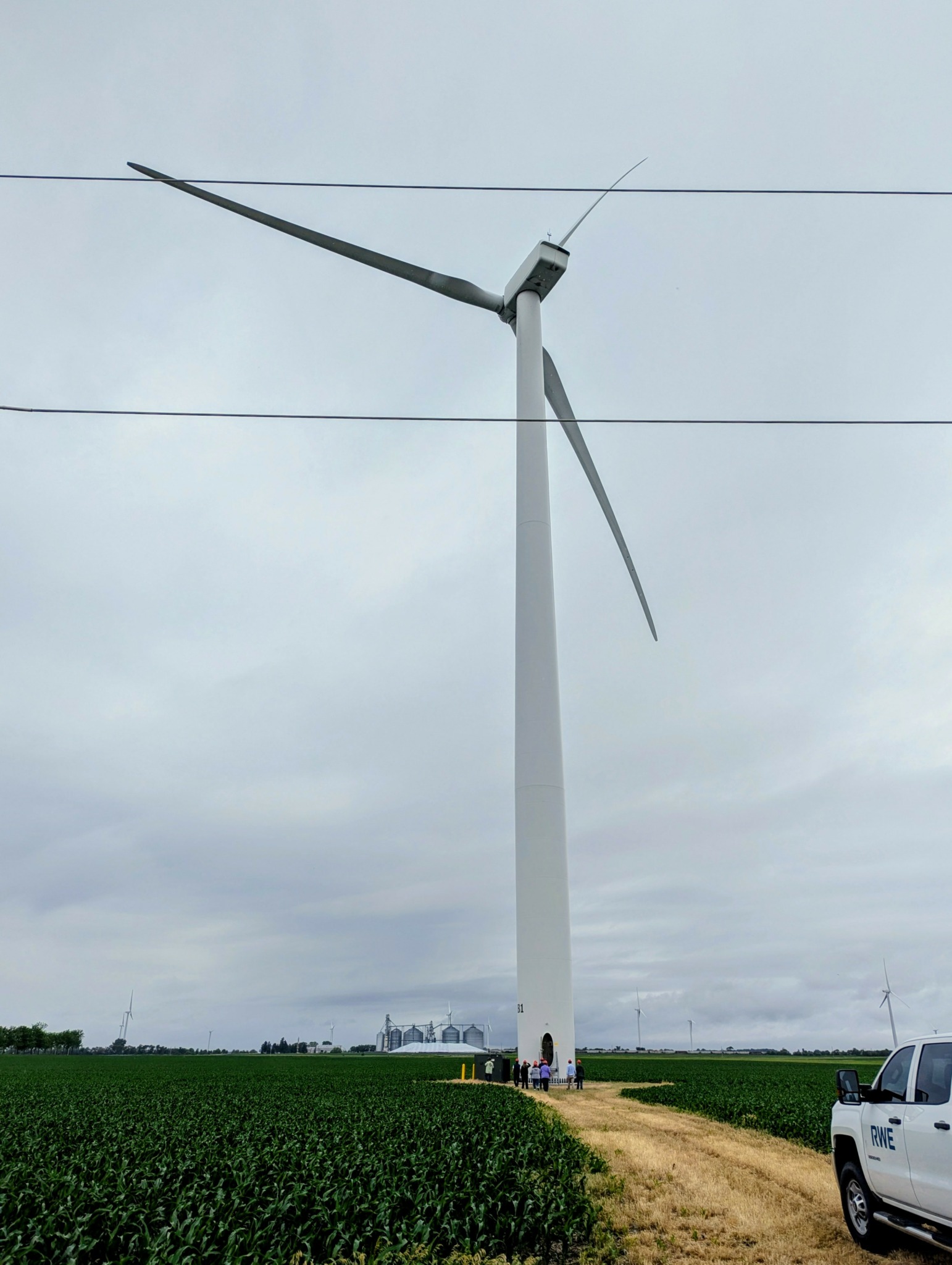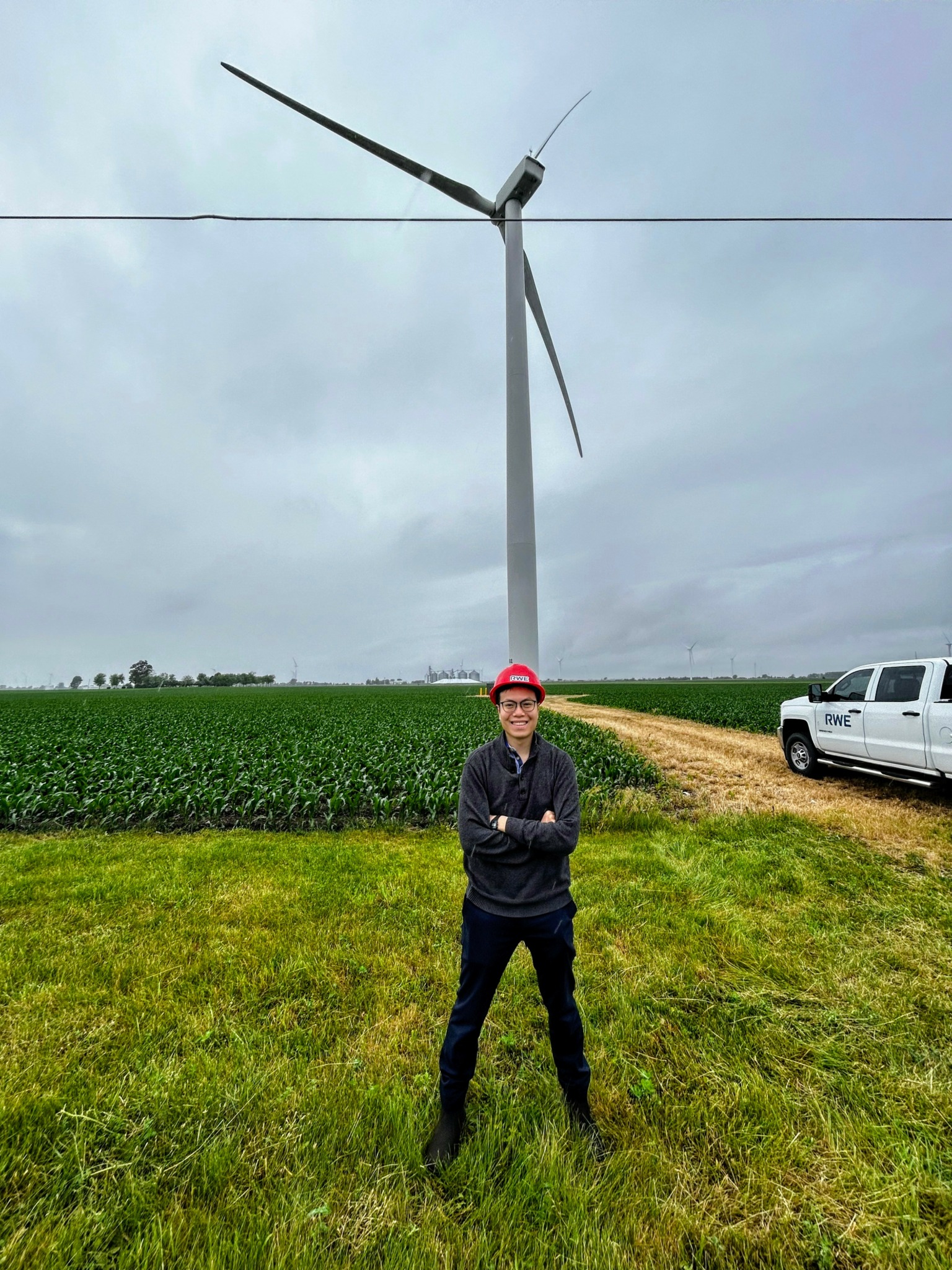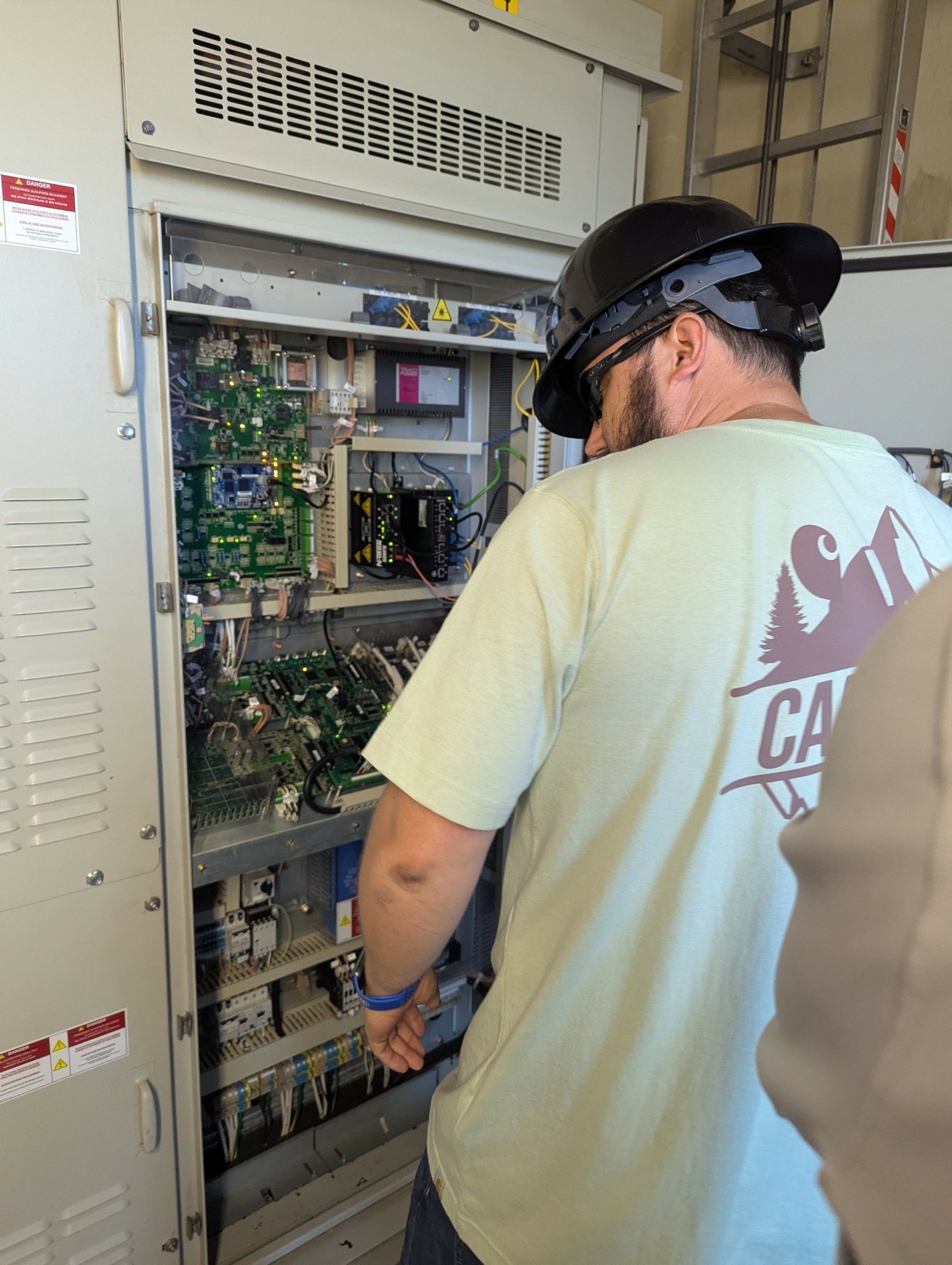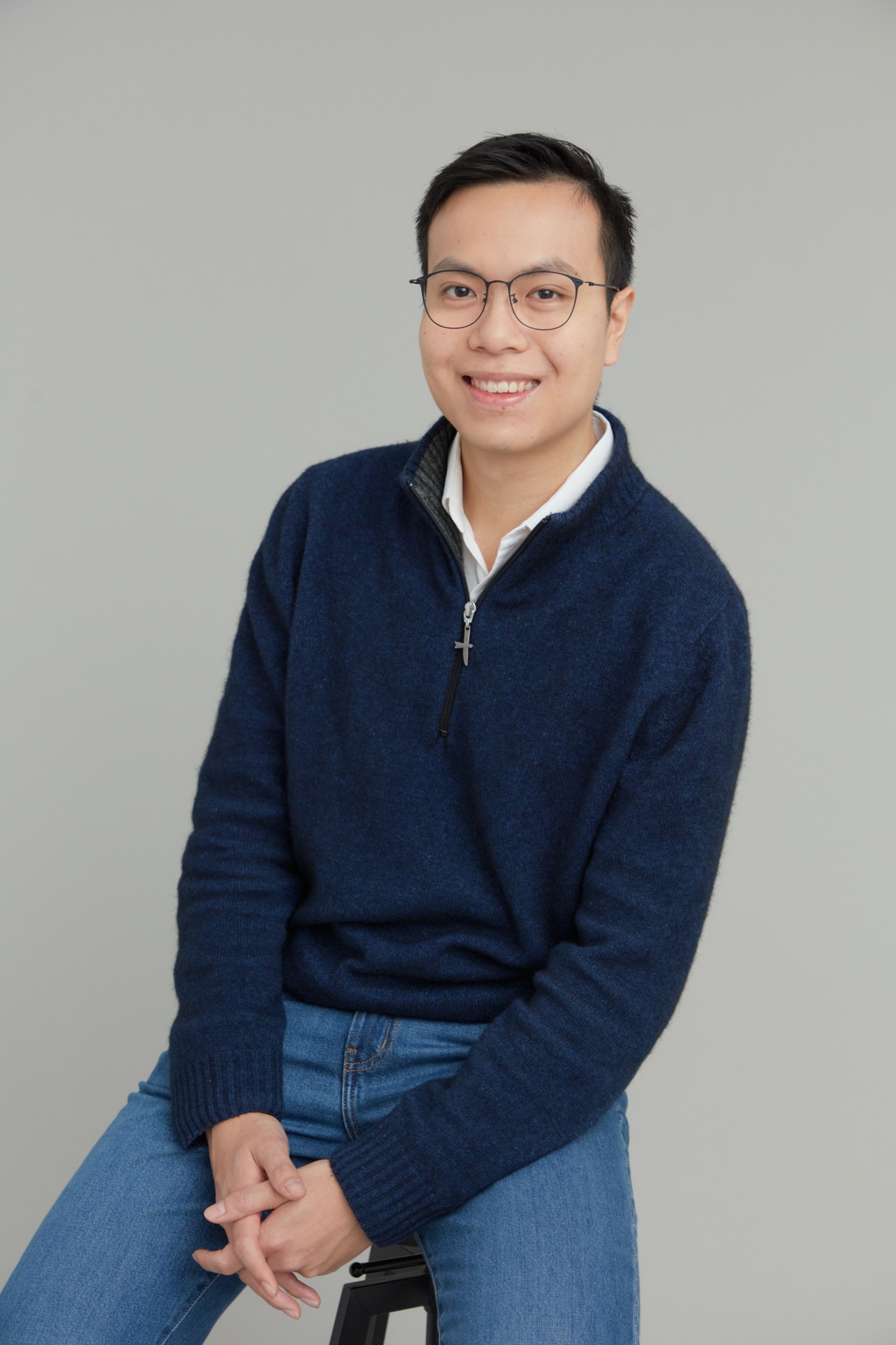We recently connected with Christopher Yu and have shared our conversation below.
Christopher, thanks for taking the time to share your stories with us today Is there a lesson you learned in school that’s stuck with you and has meaningfully impacted your journey?
The transition from college to the workforce is a particularly daunting topic for many third- and fourth-year college students. Research shows that recent graduates are having an increasingly difficult time finding work. A 2025 report from Oxford Economics indicates that unemployed recent college grads account for 12% of the 85% rise in the national unemployment rate since mid-2023. While university education prepares you intellectually, it is often not well equipped to prepare you for the immediate demands of the job market.
As a graduate who majored in Philosophy and Sociology as an undergraduate, I found it especially intimidating to think about what would come next after graduation. I excelled academically, earning Scholar of the College and Best Thesis in the Social Sciences in my graduating class at Boston College. At the time, I assumed that by achieving these distinctions, job offers and career opportunities would naturally follow. I quickly learned, however, that academic success does not automatically translate into career prospects.
One key lesson I learned is that, as someone deeply immersed in the humanities and social sciences at a top-tier university, I needed to pay more attention to my career planning after college—not less. I would also be interested to share my story and some practical tips I learned from other renewable energy finance professionals, which can help current university students studying degrees that are not directly transferable to the private sector better prepare themselves for the job market.

Great, appreciate you sharing that with us. Before we ask you to share more of your insights, can you take a moment to introduce yourself and how you got to where you are today to our readers.
After starting graduate school at Columbia University’s School of International and Public Affairs, it quickly became clear that I wanted to build my career in renewable energy project finance. Back in 2022, the clean energy sector was booming—the Biden Administration had just passed the Inflation Reduction Act, sparking a massive wave of development across the U.S. Wind and solar, once seen as fringe technologies, were becoming mainstream and bankable as their cashflows grew more predictable and attractive to investors.
During graduate school, I had the opportunity to explore this field from different angles. As a consultant for Equinor’s Empire and Beacon offshore wind projects, I examined how large-scale renewables could achieve net positive impacts on biodiversity. I also worked with Accelerate Wind, a Techstars start-up developing small-scale wind turbines designed for big-box retail buildings. Those experiences showed me how emerging technologies can accelerate the energy transition—but they also reinforced my belief that financing is the driver of clean energy development. Without strong financial structures and investor bankability, even the best projects won’t get built.
Today, I focus on financing utility-scale renewable energy projects across the United States. At RWE Clean Energy, I work in structured finance, where I’ve raised over $470 million in tax equity and tax credit financing and am currently supporting another $450 million in expected financing with major U.S. banks. These funds will enable the construction of solar and wind projects scheduled to come online by the end of 2025.
What sets me apart is my ability to bridge technical detail, financial structuring, and cross-functional collaboration. Every deal I work on not only secures capital but also translates into clean power for households, local job creation, and reduced emissions. I’m most proud of the tangible impact of this work—it’s one thing to model cash flows and analyze bids from investors, but it’s another to visit an operating wind farm and know you helped make it a reality.
What’s a lesson you had to unlearn and what’s the backstory?
In graduate school, I honed my skills in forecasting electricity markets and analyzing project cash flows. I assumed that success in structured finance would come down to technical analysis alone. But once I began leading transactions, I realized that empathy and collaboration are just as important as financial acumen.
As the front-office lead with investors, I work closely with nearly every function in the company—construction managers, developers, procurement, legal, and accounting. Each team has its own priorities and demanding timelines, and part of my role is to align them with the concerns raised by tax equity investors. Early on, I approached this by pushing hard for deliverables, but I soon learned this mindset slows progress.
The lesson I had to unlearn was that technical precision alone drives deals. What actually moves a financing forward is empathy—understanding when to press for answers, when to give colleagues space, and how to frame issues in a way that resonates with their perspective. That shift has made me a more effective collaborator and leader, and it’s something I carry into every deal.

How do you keep in touch with clients and foster brand loyalty?
In energy finance, the industry is surprisingly small—there are often only one or two degrees of separation between me and other professionals. In that context, my “brand” is really my reputation: the ability to consistently deliver results and solve problems in complex transactions.
I foster loyalty by combining technical rigor with genuine passion for the work. Every financing comes with its own challenges—unique deal structures, investor concerns, or project-specific risks. I enjoy navigating that complexity, engaging directly with clients, and working across internal teams to find solutions. My goal is to make the financing process smoother, more transparent, and ultimately successful for everyone involved.
Because this is such a relationship-driven field, consistency matters. By showing up prepared, communicating clearly, and following through, I build trust over time. That trust is what keeps investors, and colleagues happy to work with me again.
Contact Info:



